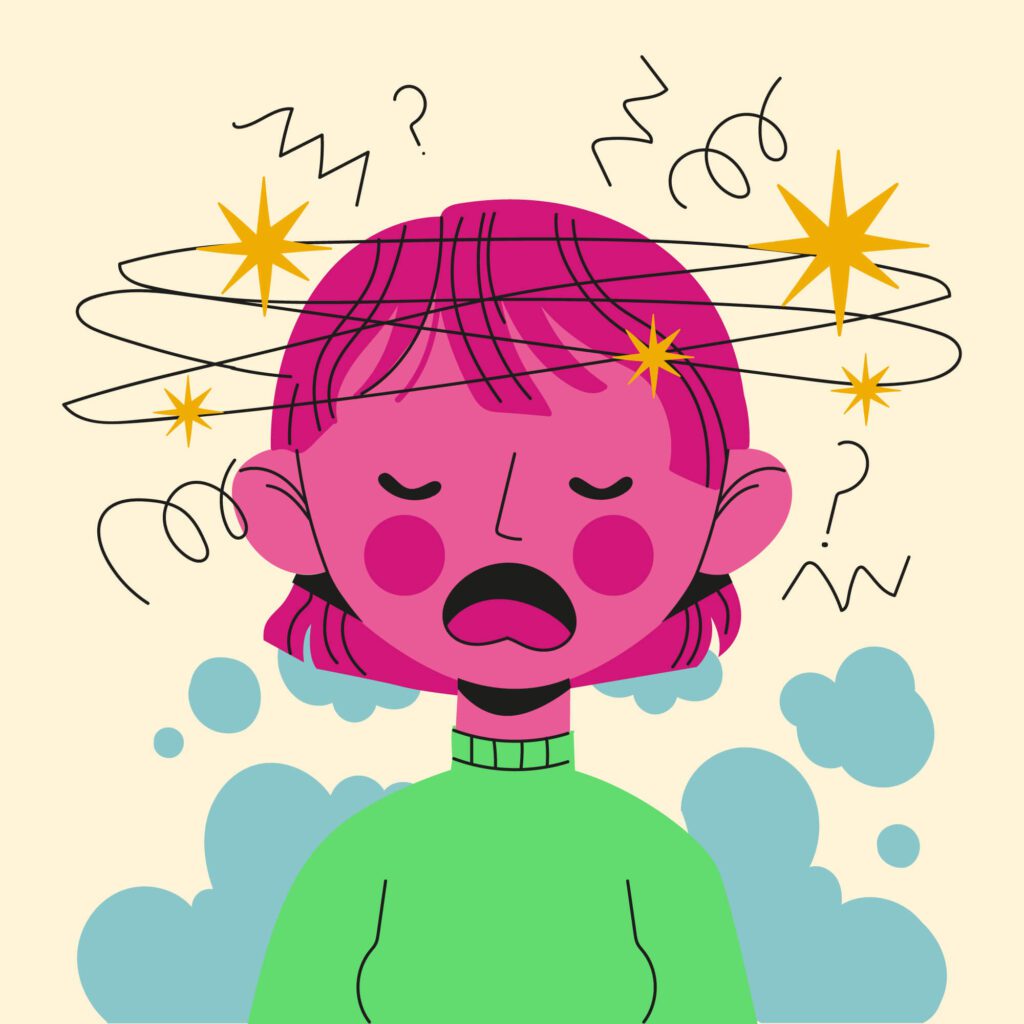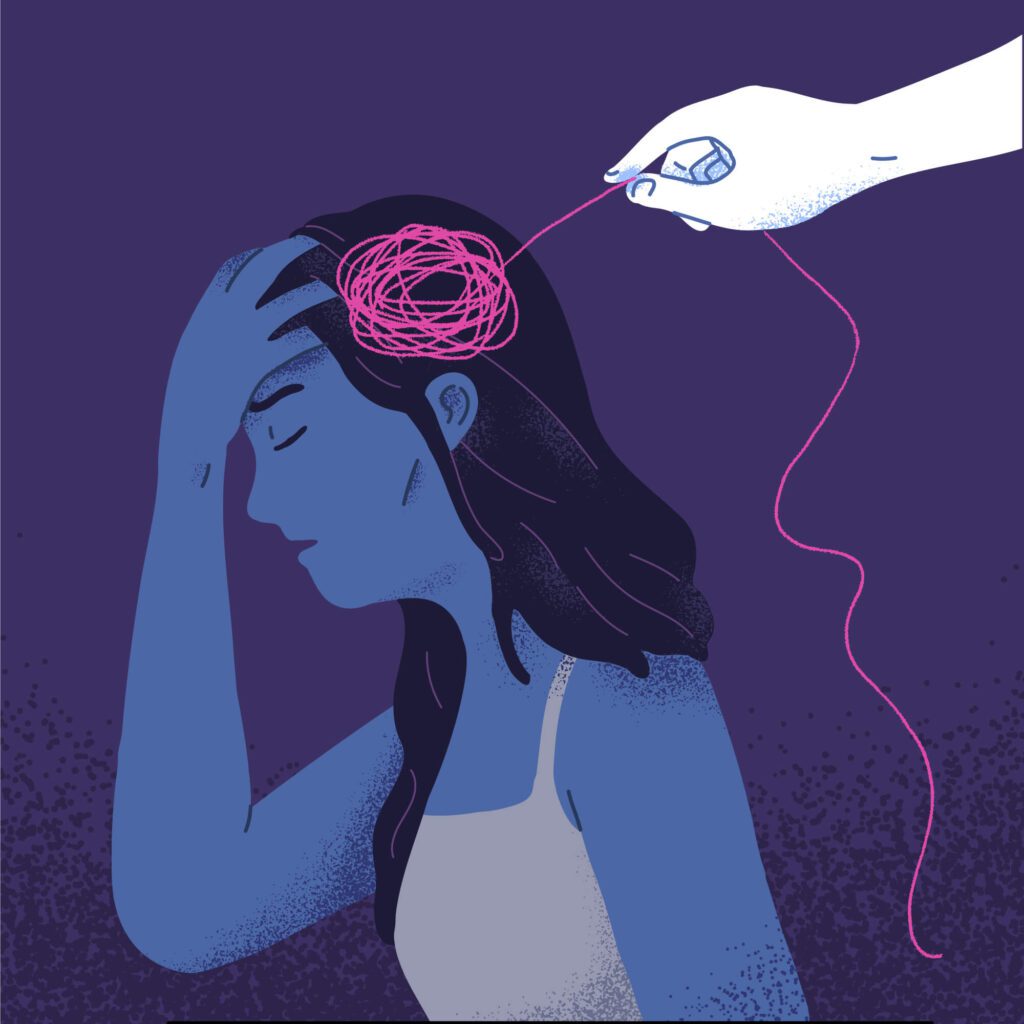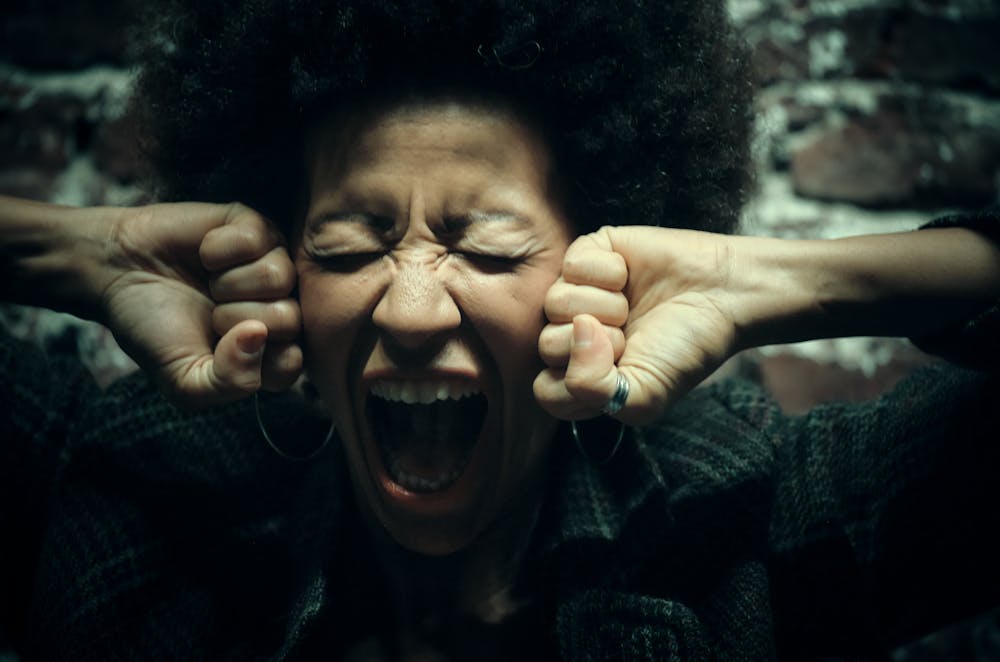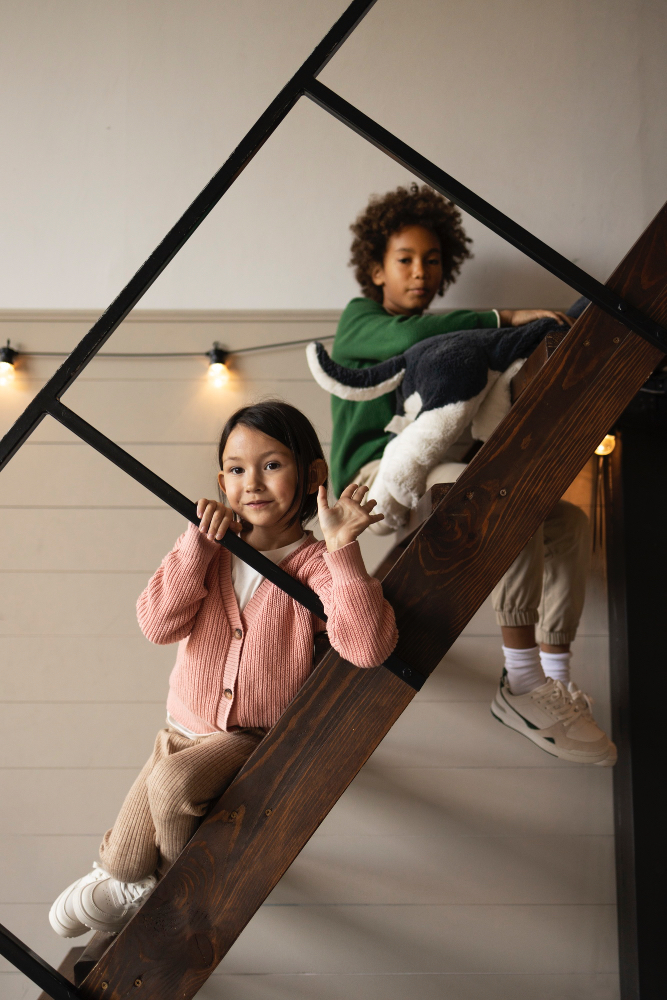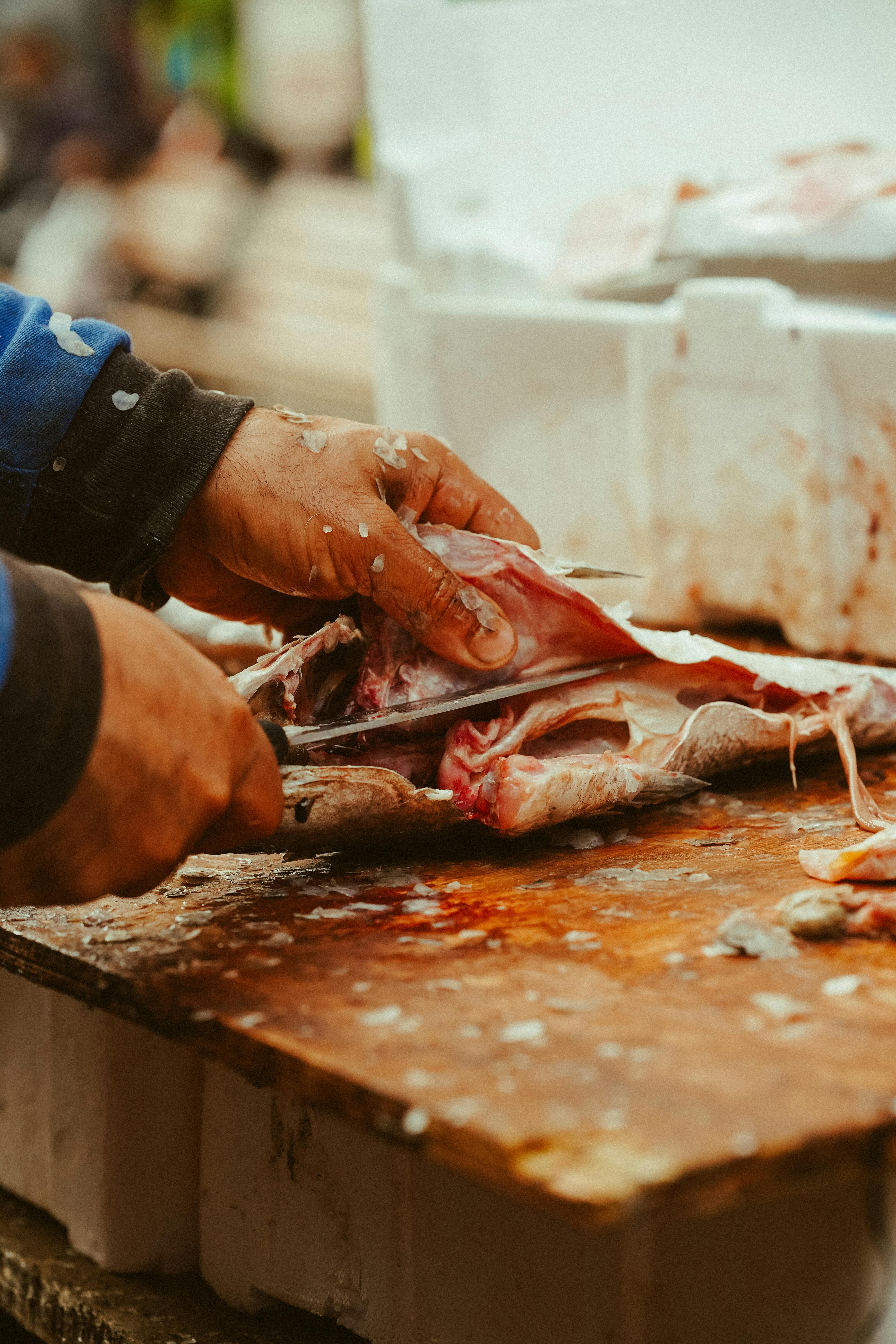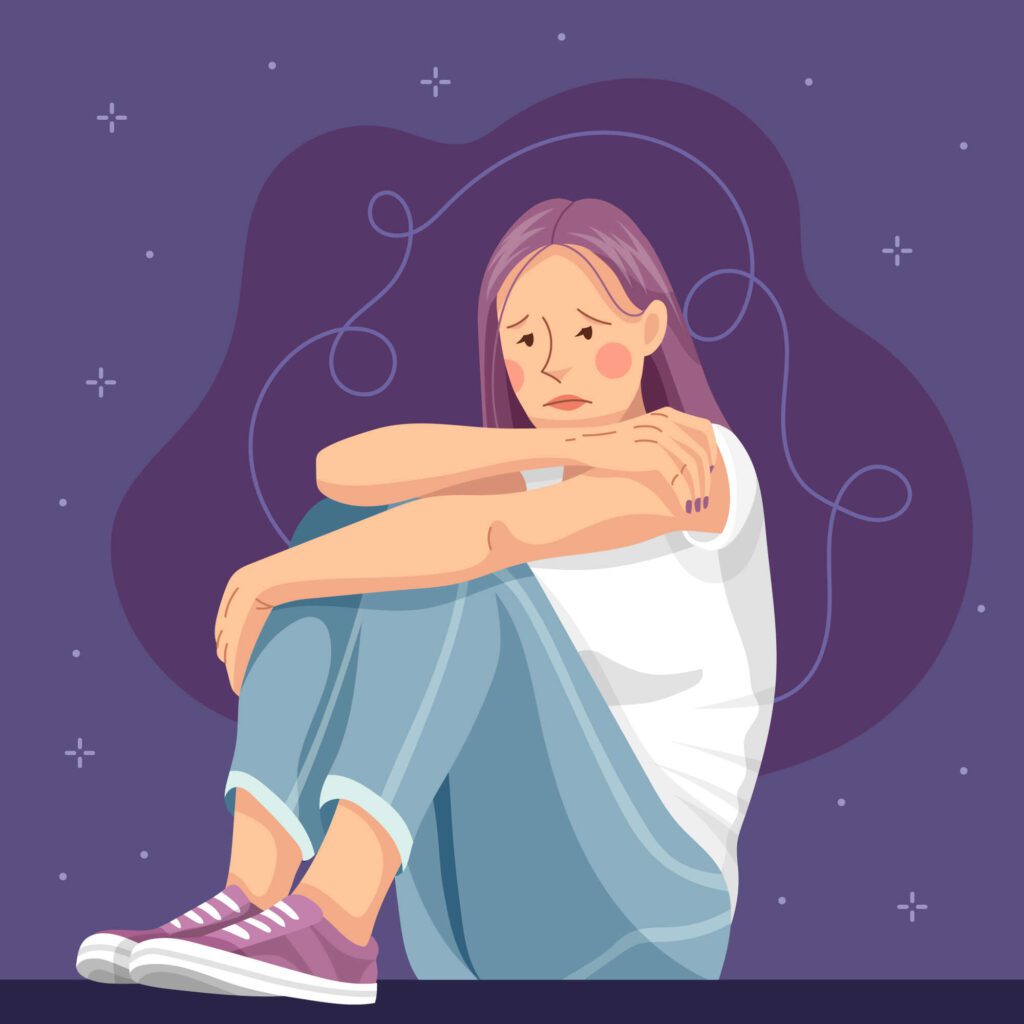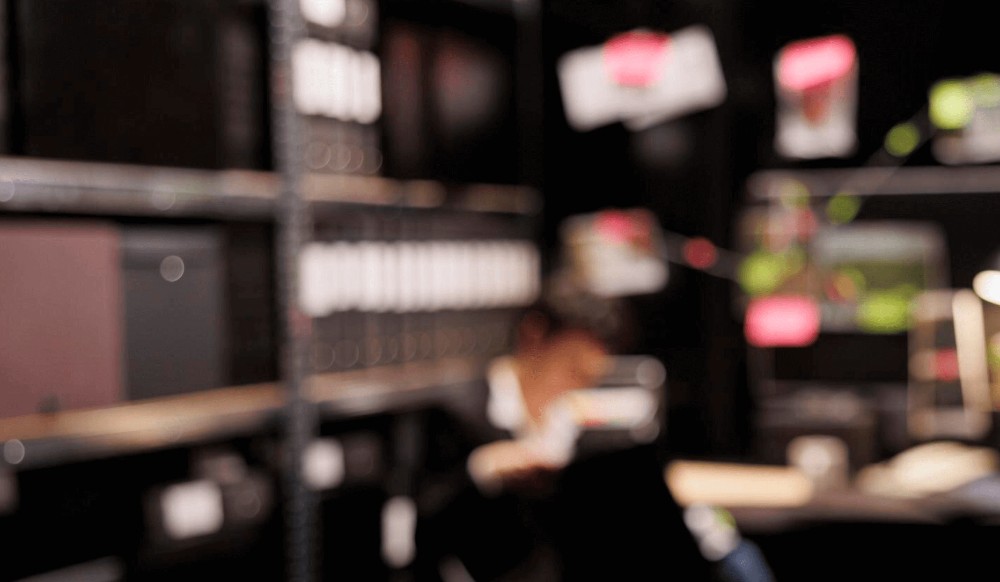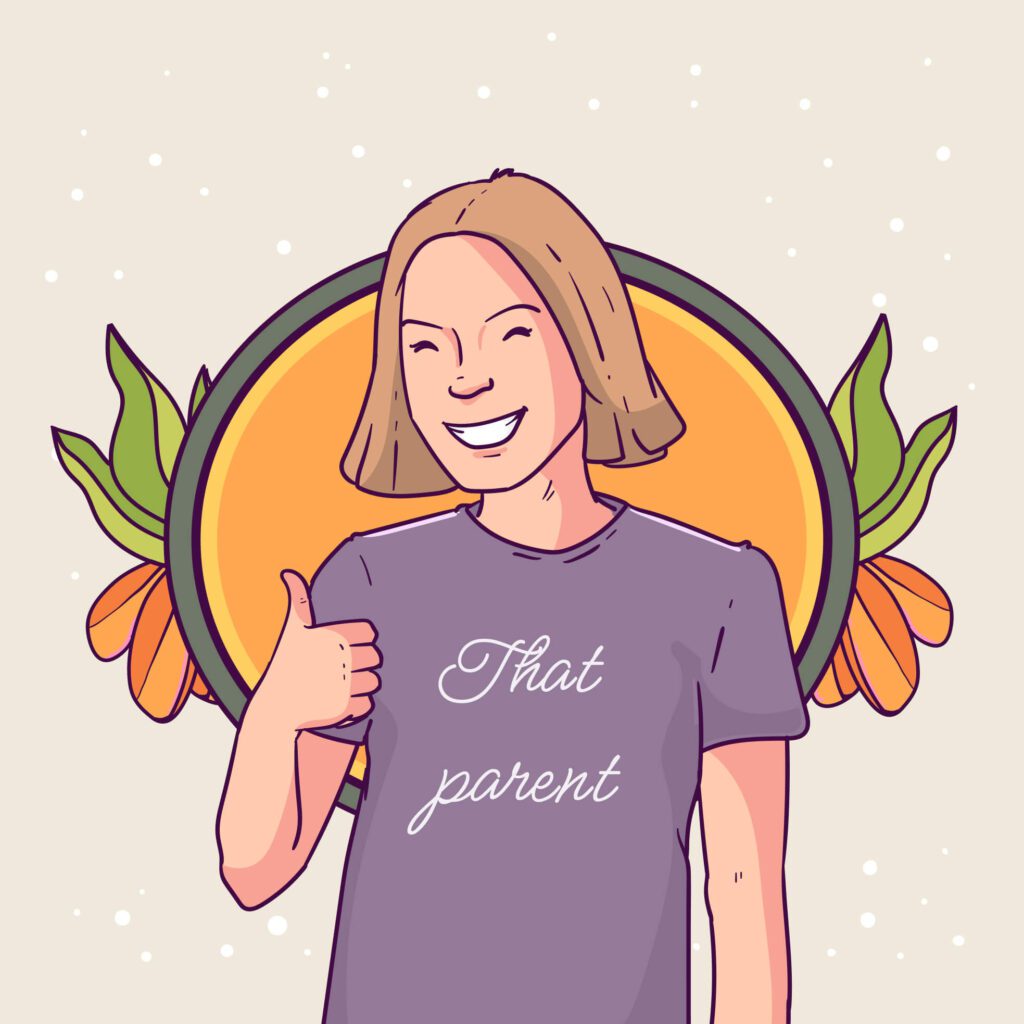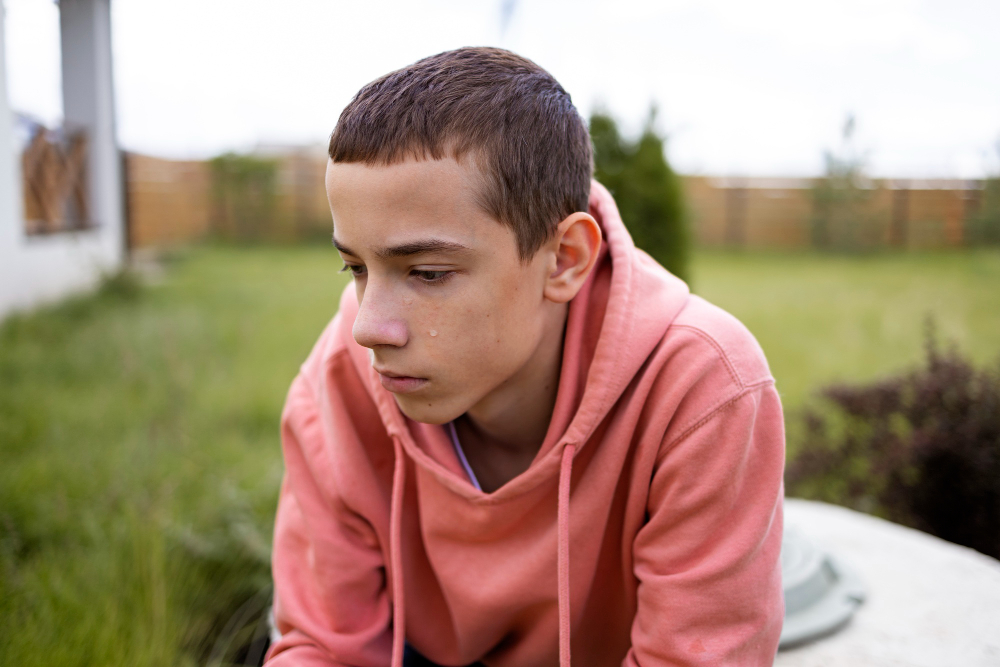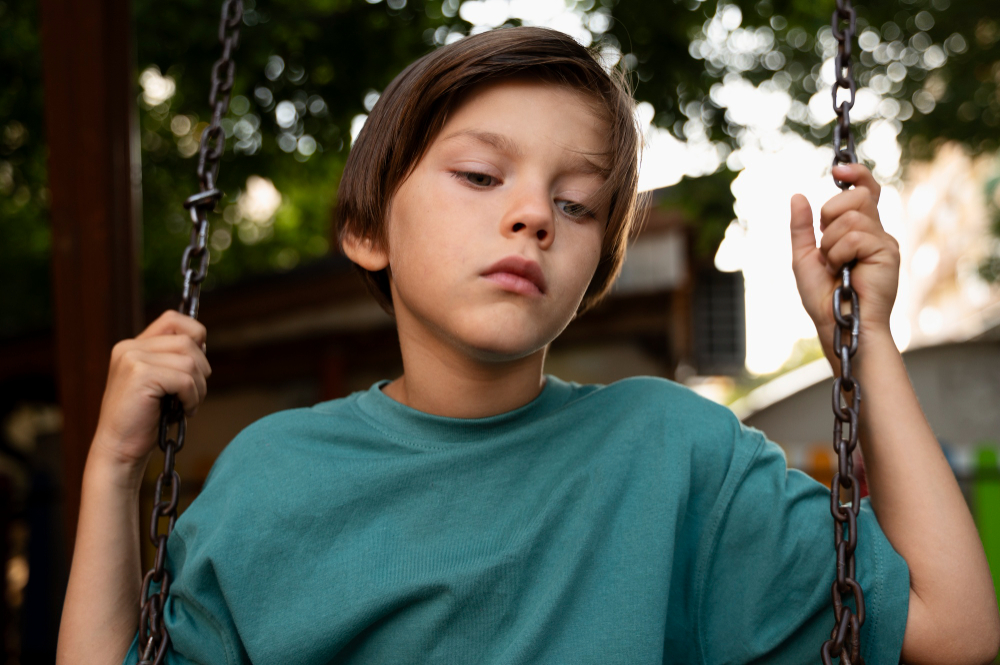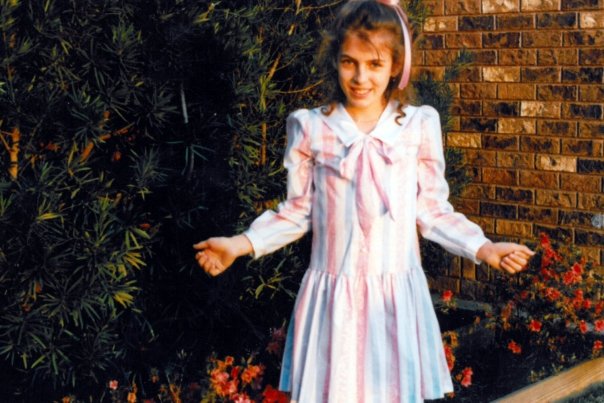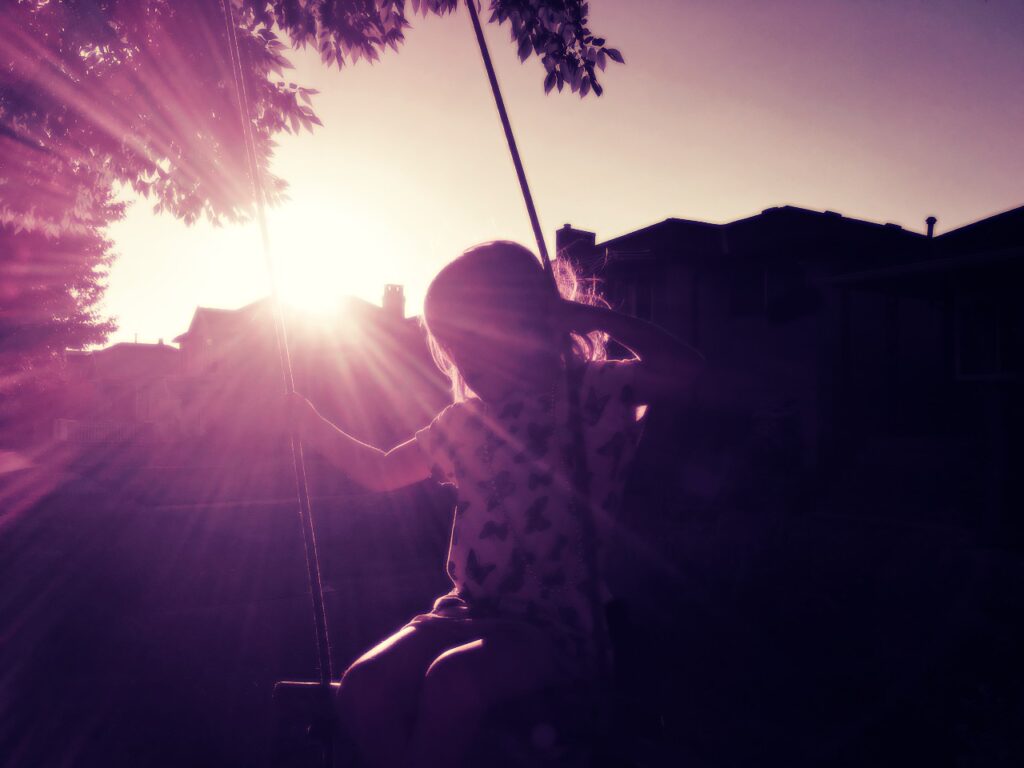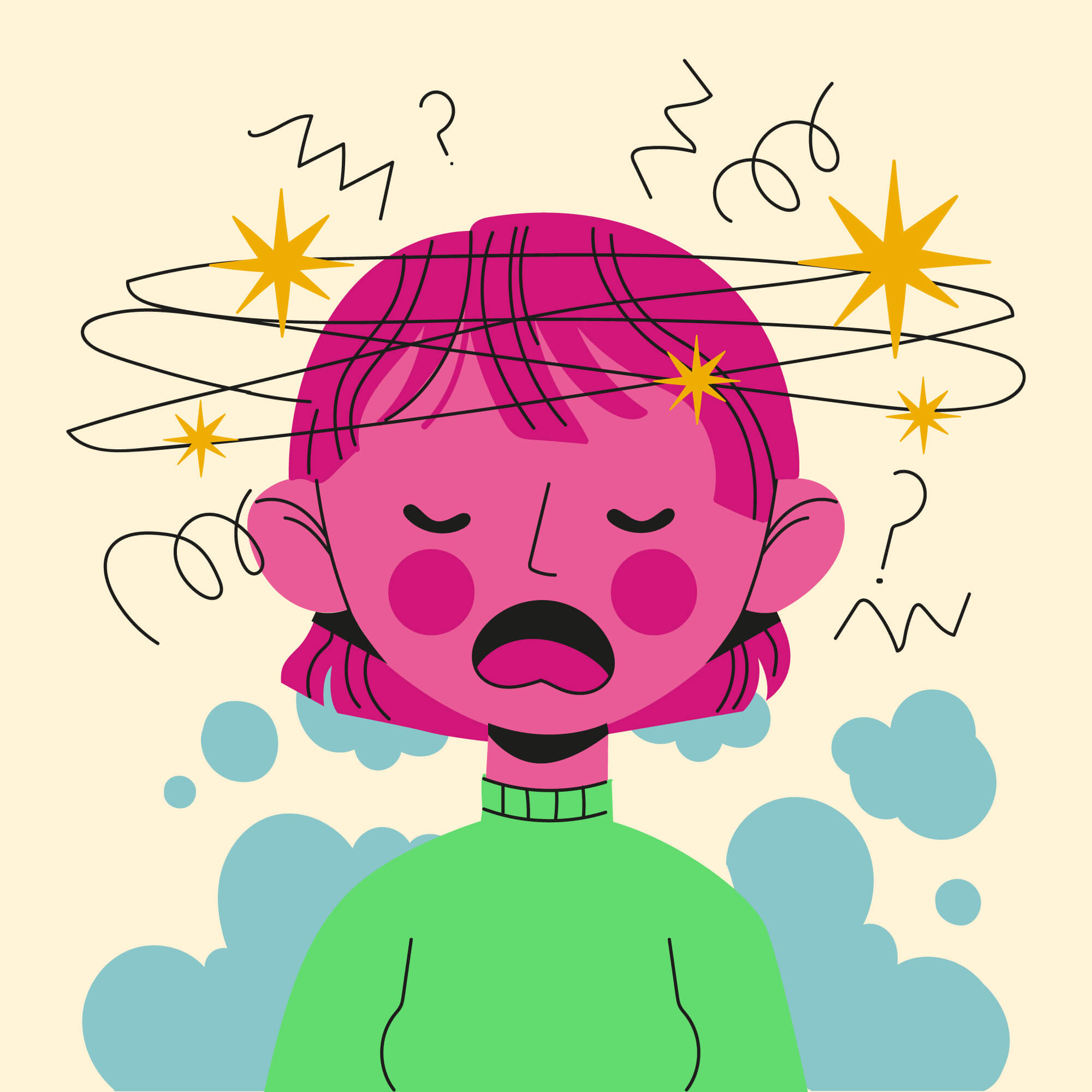
Advocacy and resistance
Campaigns, policy changes, or initiatives aimed at ending collective punishment in schools or similar settings.
-
Field notes from the frontlines of maternal disobedience
This essay charts the intellectual and emotional ground I’ve been covering lately—disability justice, compliance logic, institutional betrayal, and legal clarity. Each section links to a recent piece of writing that names harm, traces its structural origins, and places language around what advocacy does to the body, the mind, and the moral life of a family.
-
The unseen wounds of advocacy: caregiver burnout, moral injury, and embodied grief
Caregiver burnout in BC schools reflects moral injury and systemic betrayal, as mothers fight exclusion and harm while advocating for disabled children.
-
Fierce is fair: when institutional tone policing meets legal obligation
There comes a moment when a parent begins to speak in plain terms, with no softening edge, no accommodating smile, no fear of being perceived as uncooperative. It’s when you realise that you won’t be liked, no matter how hard you try, because your advocacy positions you as inherently unlikable by schools with their current…
-
Shining a legal light on advocacy conversations
How to speak from a foundation of human rights while staying grounded in care. Firm, quietly defiant responses for families navigating school denial, delay, or deflection—centred on Kim Block’s Summer Series on the duty to accommodate. Each tip translates legal obligation into everyday language, illuminating the difference between disagreement and discrimination.
-
Why clarity gets punished
I’ve written about documentation, tone policing, gatekeeping, gaslighting, institutional betrayal, and grievability and legitimacy separately, butsometimes it helps to see those pieces in conversation—because together, they reveal something larger. This post draws together the threads of clarity, competence, and credibility, and asks: why do systems recoil when mothers speak plainly about harm? Why does it…
-
Against our will: When ‘support’ becomes institutionalised coercion
I said no. I said it plainly, early, repeatedly. I said it in writing, I said it on the phone, I said it from a place of trembling grief and exhausted clarity. I said it as a mother who had already tried everything. I said it after describing the diagnostic framework, after explaining what worked,…
-
When pain gets too close: Affective economies and the emotional cost of advocacy
I have always been someone who made people uneasy unless I carefully managed my presence—someone whose attention lands too directly, whose knowing shows too quickly, whose intensity disrupts the emotional choreography expected of mothers who ask nicely, grieve quietly, and remain grateful for whatever scraps of support are handed down. I carry detail and radiate…
-
Meditating on Canary Collective’s “Filed and Forgotten”
When Canary Collective named the truth about incident reports, they articulated something already deeply known—something felt in the gut, carried in the silences of meetings, and confirmed by the absence of a child’s voice in the official version of events. Their words moved slowly and powerfully, affirming what many parents have experienced but been denied…
-
On the impossible grace expected in a district appeal meeting
My daughter Jeannie sat in the school hallway for seven months, refusing to go into the classroom until her support needs were met. I filed an appeal in November, and finally—just after spring break—we were meeting to discuss a potential resolution. She’d been through hell last school year, with a boy picking on her and…
-
The history of this website
What began as one mother’s refusal to accept the institutional cruelty of collective punishment has grown into a vast, strategic, and emotionally searing archive—a living infrastructure of truth-telling and resistance, built from grief, fuelled by clarity, and shared in solidarity with every family navigating harm inside a system that punishes children for being disabled.
-
Double the love, double the discrimination
Public education systems punish families of multiples by forcing impossible choices between their children—often withholding support until one child reaches visible crisis, while the other’s suffering is quietly disregarded. The statistical reality schools refuse to prepare for Schools are rarely prepared for what families of multiples often bring to the classroom: These families often arrive…
-
Debility versus disability: what the system cannot acknowledge
My son Robin took to bed two weeks before March break. He had been soldiering on through the aftermath of a school transfer the district assured us would help him, though his body told me otherwise from the first day he arrived. I’ve seen that kind of shutdown before—at camp, at birthday parties, in classrooms…
-
How to write for your people, not for the institution
If you’ve ever written an email with trembling hands, rehearsed a question in an IEP meeting and swallowed it down, or rewritten your child’s story until it sounded palatable to someone in power—then you already know what it means to shrink yourself for institutional comfort.
-
Where do the ideas come from?
You already have the material. The moment your brain caught fire after a school meeting, the voice note you whispered in your car, the email thread that hollowed you out—these fragments hold more power than you realise. This post is a guide to naming those moments, structuring them into posts, and recognising that your rage…
-
Using AI to empower your advocacy blog voice
Reclaiming technology as a tool of witness and using it to support and shape the transformation of thousands of pages of grief, rage, and strategy.
-
So you want to write a blog? I think you should!
If you’ve been carrying stories that feel too heavy to hold alone—email drafts, meeting memories, car-cry voice notes, or a feeling in your chest that something must be said—then I believe you’re ready. You don’t need perfect grammar, a polished voice, or a plan.
-
Tell the Ministry: end collective punishment in BC schools
BCEdAccess recently reminded us that if families don’t speak up, the system assumes everything is fine. Writing letters to the Ministry of Education and Child Care is one way we can make our children’s experiences count—especially when those experiences involve exclusion, loss of support, or group-based discipline that punishes kids for behaviours linked to unmet…
-
When compensation is mistaken for capacity: why I support Dyslexia BC
In every school, there are those children—gifted and hyper-conscientious—who stay behind after the bell has rung, who do the homework even when no one collects it, who chase perfection out of a desperation to stay afloat in a system that offers no life raft for those who do too well to be noticed. These are…
-
I only asked for gentleness: on parenting a PDA child in a punishing world
There is a certain kind of child—intuitive, emotionally articulate, wired with a startling perceptiveness about power and tone, about coercion and choice, about the invisible terms of adult authority—whose presence in the classroom becomes, almost immediately, a threat to the institution’s rhythm, a disruption to its hierarchy, a mirror held up to its limitations.
-
Insults I could have slung
The gaping mouth of motherhood finally open in a scream. Do you know that feeling—two hours after the meeting, after the disciplinary debrief, after the hallway humiliation—when you finally start to breathe again and suddenly, the sentence arrives? The thing you wish you had said while they were weaponising tone and clipping your sentences short,…

